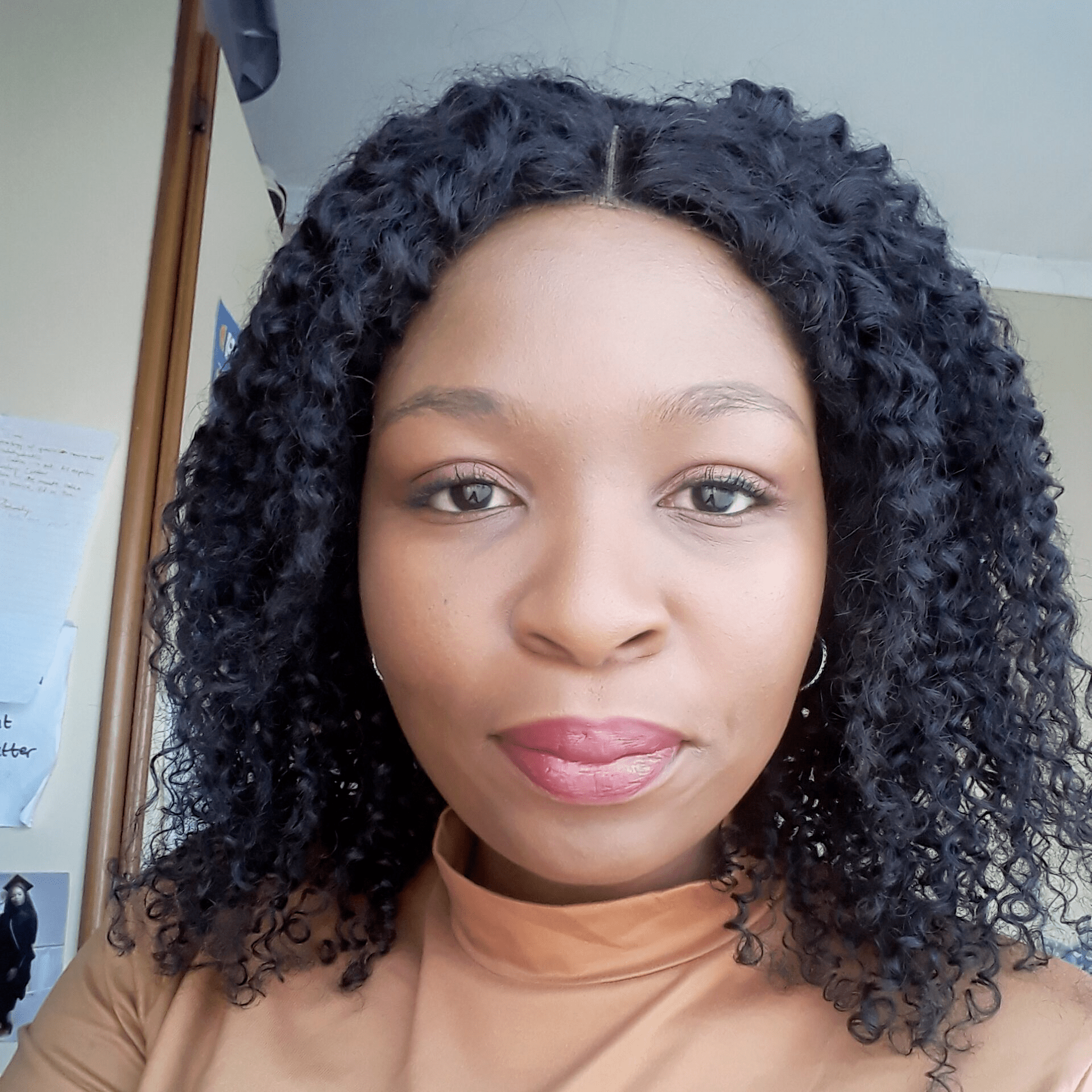What is your educational background?
University of Fort Hare (South Africa): BSc Hons in Animal and Pasture Science (2014-2018)
North West University (South Africa): MSc in Animal Science (specializing in Pasture Science- specifically planted pastures)
North West University (South Africa): PhD in Animal Science (specializing in Pasture Science) (2021-ongoing)
What is your current occupation?
I am currently a researcher and a full time PhD student in Animal Science specializing in Planted pastures at the North West University. My research focus is on the use of planted pastures, which include grasses and legumes as a manner of sustaining farming systems through conservation of degraded rangelands and offering alternative feeding resources for ruminants. I am also supervising a final year BSc Animal Science student on her research project. I collaborate with other MSc students together with my supervisor (Dr K. Ravhuhali) when writing research papers.
What or who got you into STEM?
I believe my maternal grandparents were the ones who had the biggest influence in my decision of going into STEM. Reason being that they lived in a semi-rural area whereby there was a lot of farming taking place around their compound, thus they were farmers at heart and farming for them was a way of life.
So basically, that is where I drew most of my inspiration from, and my journey began from that time to where I am today. To keep my love for agricultural sciences, it was in 2009 while doing my grade 9 when I firmly decided that I would be pursuing Agriculture as a career. We kept chickens at home and I had a vegetable garden that I was harvesting and selling my produce from. I had an incredible support from elderly women from my neighborhood who would regularly buy my tomatoes and butternut. I continued with my vegetable garden up until end of matric. When I got to University of Fort Hare, my lecturers Dr. Ishmael Jaja, Dr. Amanda Chulayo, Dr. Patrick Nyambo and Dr. Yonela Njisane are some of the academics that I really looked up and they unknowingly really inspired me to go further with science, which is research.
What is the biggest challenge/barrier you have faced as an African in STEM?
I would say funding and mental health. During my five years of undergraduate studies, it was so hard to get a scholarship and having been a cash paying student at that time was not easy. I got lucky on my MSc and PhD studies that I received scholarships. However, with the whole pandemic problem companies and organizations have become so strict with the application requirements and the distribution of funds that it ends up taking many months to receive your scholarship money. That is where I am currently. There is not enough mental health awareness for Africans in STEM. There is a lot of psychological challenges such as anxiety, depression and at times imposter syndrome. We need more wellness programs that will offer support to academics and aspiring academics like myself. Recently I have discovered that there is a lot of suppression that happens in academia too. In the sense that there are some supervisors that really make it hard for you to work with, the don’t cooperate, they delay your study and some do not contribute in the writing of research papers and yet they are co-authors of that paper. They really who do not want to see you grow in your field of study.
How do you think your background/upbringing has been beneficial in your journey/career?
Having come from a home and a family that strongly believe in having an education and using it not only to improve my life but the lives of those around me. So growing up and attaining all this knowledge and education, I knew that it was not for me alone. Also, in my upbringing I was someone who equally valued reading, having a curious mind and always having a will spirit to learn and being skilled. I realized the amount of resilience that I have which made me pursue education until this far with my career. Also, now that I am at PhD level, I understand that I am building a career and my career will make lots of money for me.
How do you think we can start to change the narrative surrounding African contributions
to global STEM research & careers?
We can start by normalizing and celebrating Africa’s contribution to the global STEM research and careers. The moment we recognize the amount of knowledge that Africans bring as a means of solving their own socioeconomic challenges, that is when we will appreciate the efforts of African scientists. We have exceptional researchers, who are problem-solvers and all we have to do is believe in ourselves. Of which celebrating Africans in STEM career will accelerate their visibility and recognition in the continent and in the world. We need reality TV and talk show programmes that bring more awareness on Africans doing STEM research or careers. I would love to hold a luncheon one day where African women scientists sit down together and really unpack their contributions to global STEM research and careers.
What advice would you like to give to young, aspiring Africans in STEM?
Have a willing spirit to learn beyond your scope, expand your knowledge. Have a curious mind and always have a why question to how things operate in our environment. Read, read and read. Ask questions and seek knowledge. Also, be information driven and act on that information to find solutions to any challenges that we face in our everyday life.






